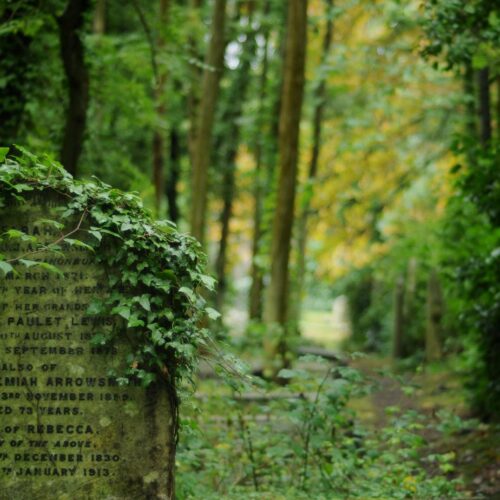

I was not, and was conceived. I loved and did a little work. I am not and grieve not.
Epitaph of philosopher and mathematician William Kingdon Clifford, buried in Highgate
Highgate Cemetery was opened in 1839; one of the capital’s ‘magnificent seven’ suburban burial grounds, established during the 1830s and 1840s to relieve pressure on London’s increasingly overcrowded parish churchyards. As well as being one of the most scenic parts of London, Highgate Cemetery is the final resting place of many men and women related to the history of the humanist movement.
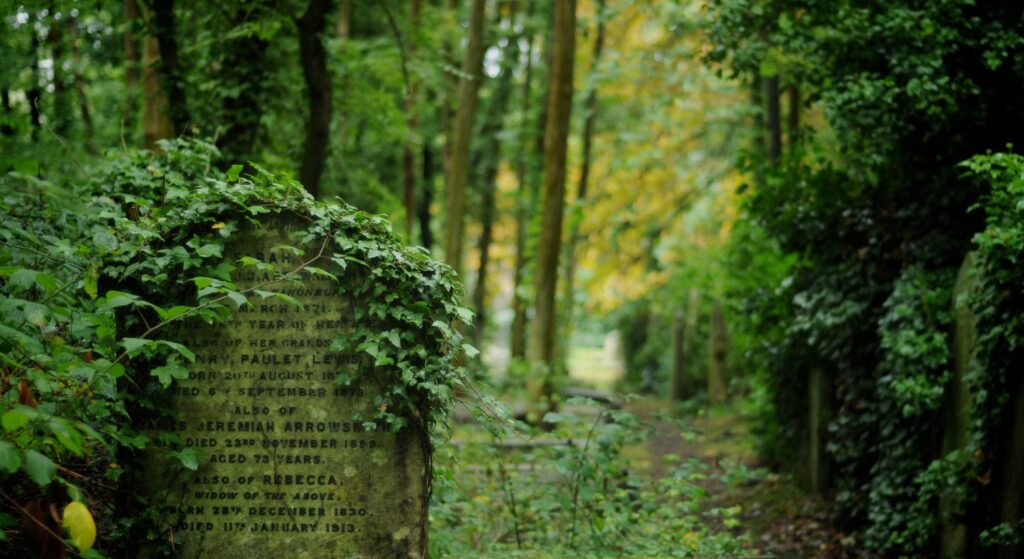
Highgate’s name dates back to the medieval period, when a toll gate was established to charge people coming into London from the North. The cemetery was built partly on the grounds of the estate of William Ashurst, MP and Lord Mayor of London in 1693. After his death it became a boy’s school and finally church grounds in 1832.
It was architect and entrepreneur Stephan Geary (1797–1854) who, in 1836, formed the London Cemetery Company: responsible for both Highgate and Nunhead cemeteries. Due to the Victorian pomp surrounding death and funerals, Highgate became the final resting place of many wealthy Victorians, with their graves and tombs reflecting the Gothic architectural tastes of the time. The grounds maintained many of the trees associated with the Ashurst estate, making Highgate one of the most scenic locations in all of London.
The East Cemetery (an 1850s extension), is the final resting place of many famous English and foreign men and women of distinction. The novelist Douglas Adams and polymath Jacob Bronowski have small and simple grave markers, whereas the memorial to Karl Marx dominates his surrounding avenue. Near Marx is the founder of social Darwinism and the man who coined the phrase, ‘survival of the fittest’, Herbert Spencer. Stephan Geary himself fell victim to the last of London’s Cholera epidemics and was laid to rest in Highgate. His grave is a Grade II listed monument, and Highgate Cemetery Grade I.
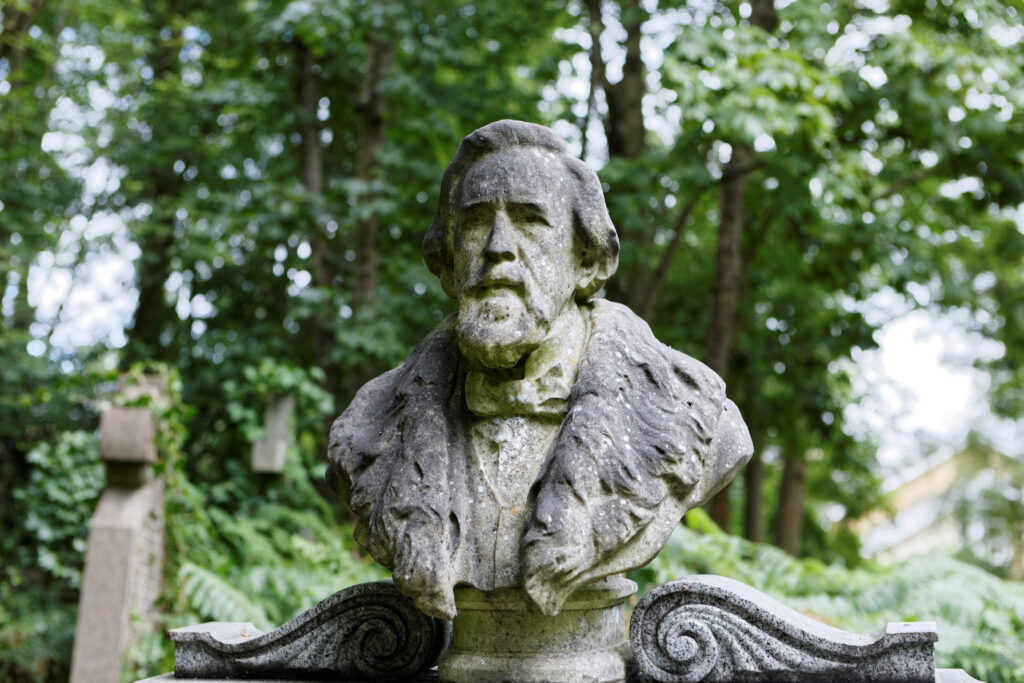
The Friends of Highgate Cemetery (FOHC) were formed in 1975, and continue to oversee most of the restoration and maintenance of the cemetery today. Still used as a burial ground, Highgate also draws large numbers of visitors interested in its history, architecture, and ecology.
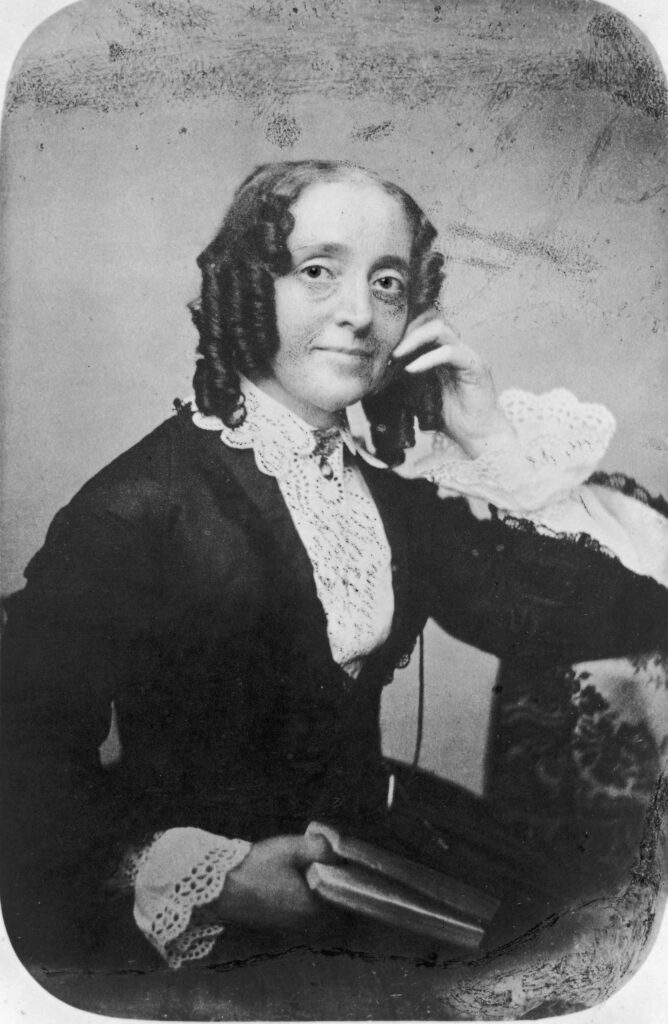
East Cemetery
Douglas Adams (1952–2001): author, environmentalist, and atheist.
George Eliot (Mary Ann Cross; 1819–1880): writer and humanist.
Julia Stephen (1846–1895): model and mother of Virginia Woolf. Author of an essay titled ‘Agnostic Women’, defending women’s right to freedom of non-belief.
Leslie Stephen (1832–1904): historian, author, editor, and President of the West London Ethical Society.
George Jacob Holyoake (1817–1906): writer, reformer, and co-operator who coined the term ‘secularism’.
Ernestine Rose (1810–1892): feminist, abolitionist, and atheist.
Edward Truelove (1809–1899) : radical publisher and ardent defender of press freedom.
Herbert Spencer (1820–1903): philosopher, biologist, and anthropologist who coined the phrase ‘survival of the fittest’.
William Kingdon Clifford (1845–1879): mathematician and philosopher who, as Moncure Conway wrote, ‘had gone through all the phases of religious faith into well-informed freedom.’ His wife Lucy, author and renowned figure in her own right, is also buried here, with an addition to the tombstone commemorating a remarkable meeting of minds:
O, two such silver currents, when they join,
Do glorify the banks that bound them in.
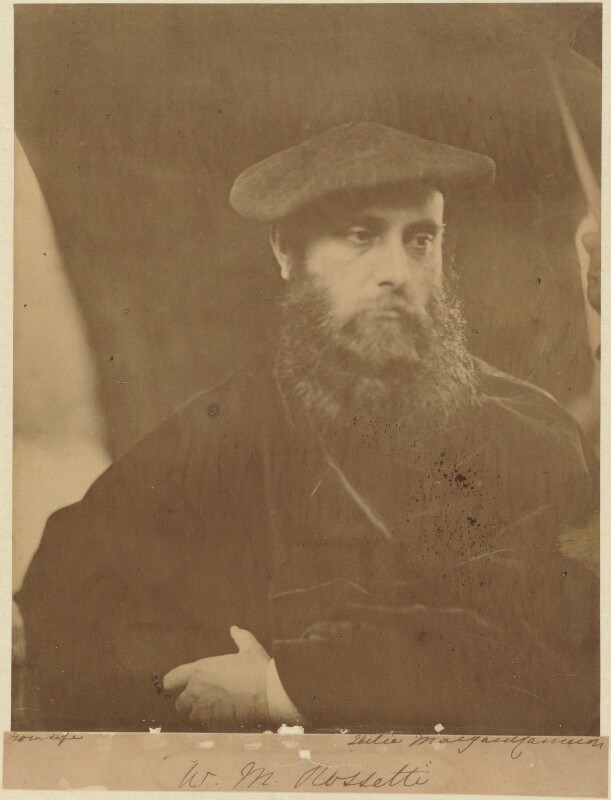
West Cemetery
Jacob Bronowski (1908–1974): polymath and Vice President of the Ethical Union (now Humanists UK).
William Michael Rossetti (1829–1919): writer, critic, and founder member of the Pre-Raphaelite Brotherhood. Wrote in Some Reminiscences (1906):
I can hardly have been fourteen years of age when the Christian faith, as a scheme of mysteries and miracles – and with this any and every form of faith involving a supernatural mythology – became inoperative upon my mind; and so it has always remained.
Rossetti nonetheless found it ‘quite possible to get on in peace without traditional convictions’.
Highgate Cemetery, Camden – Historic England
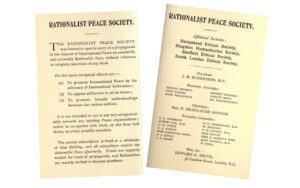
…a slowly growing public opinion in favour of arbitration as the alternative to war… is not in consequence of any […]
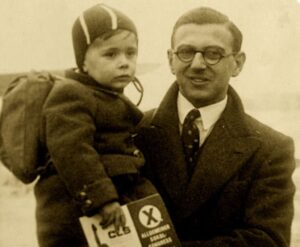
What is needed is something in which [we] can all believe irrespective of religion, which in most cases, dare I […]
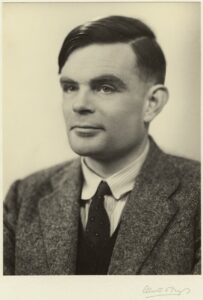
We can only see a short distance ahead, but we can see plenty there that needs to be done. Alan […]
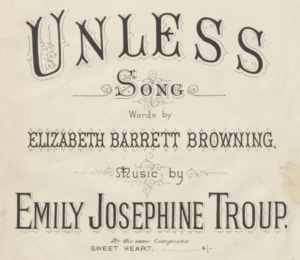
Emily Josephine Troup was a composer, poet, and editor, who played a leading role in the musical life of South […]